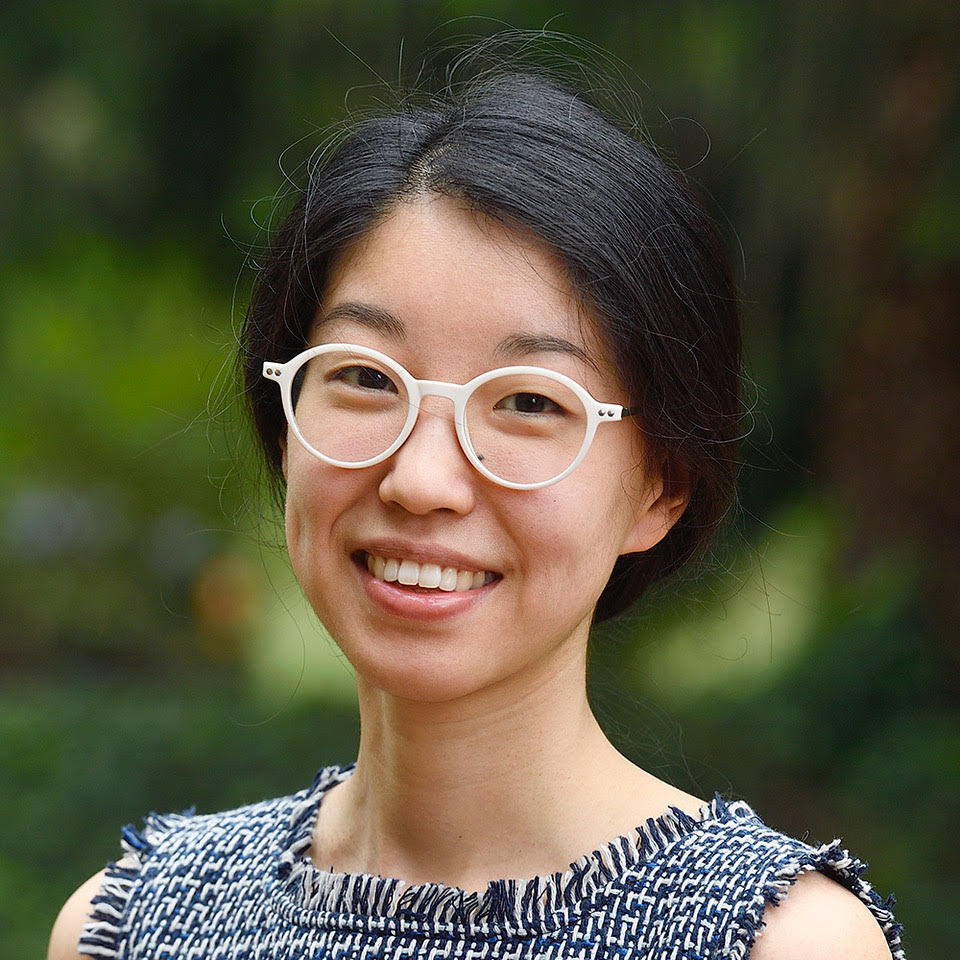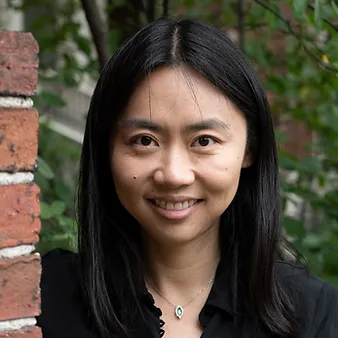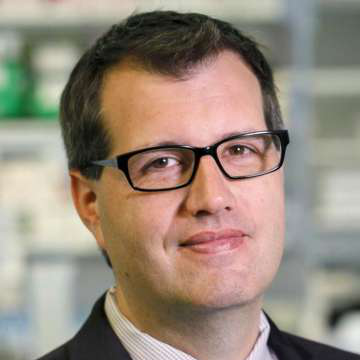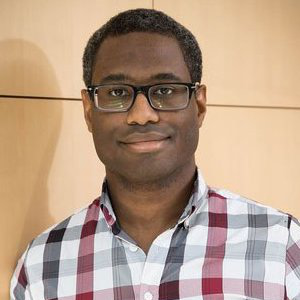 Jean Fan
Jean Fan
John Hopkins University
USA
Jean Fan is a member of the faculty of Biomedical Engineering in the Center for Computational Biology at Johns Hopkins University. Her research team, the JEFworks lab, is interested in understanding the molecular and spatial-contextual factors shaping cellular identity and heterogeneity. She develops new open-source computational software for analyzing spatially-resolved omics data that can be tailored and applied to diverse tissue types and biological systems. Dr. Fan is also the founder, director, and lead software developer for the non-profit organization CuSTEMized, which provides personalized STEM picture storybooks to encourage young girls to see themselves as scientists. Dr. Fan was previously an NCI F99/K00 post-doctoral fellow in the lab of Dr. Xiaowei Zhuang at Harvard University. She received her PhD in Bioinformatics and Integrative Genomics at Harvard under the mentorship of Dr. Peter Kharchenko at the Department of Biomedical Informatics and in close collaboration with Dr. Catherine Wu at the Dana-Farber Cancer Institute. The impact of Dr. Fan's work has been recognized by several awards and honors, including the Forbes 30 Under 30, the Nature Research Award for Inspiring Science, and the NSF CAREER Award.
 David Kelley
David Kelley
Calico Life Sciences
USA
David Kelley is a Principal Investigator at Calico Life Sciences, where he studies gene regulation in aging. He completed his PhD in computer science at the U. of Maryland with Steven Salzberg, working on algorithms for genome assembly and gene prediction. Subsequently, he worked as a postdoc with John Rinn at Harvard on computational analyses of long noncoding RNA regulation and function. David developed the deep convolutional neural network toolkits Basset, Basenji, and Enformer to predict tissue-specific regulatory activity of DNA sequences. His group is interested in fully elucidating the mechanisms by which a regulatory environment acts on whole chromosomes to determine the expression of every gene. At Calico, he’s applying such models to study how disturbed regulatory connections influence the increased rate of disease onset over human lifespans.
 Jingyi Jessica Li
Jingyi Jessica Li
UCLA
USA
Jingyi Jessica Li is a Professor in the Department of Statistics at the University of California, Los Angeles, where she holds secondary appointments in the Departments of Biostatistics, Computational Medicine, and Human Genetics. She leads a research group called the Junction of Statistics and Biology, which focuses on developing interpretable statistical methods for biomedical data analysis.
Jessica received her Ph.D. from the University of California, Berkeley, and her B.S. from Tsinghua University. Her research interests include quantifying the central dogma, extracting hidden information from bulk, single-cell, and spatial multi-omics data, and ensuring statistical rigor in biomedical data analysis. She emphasizes using in silico negative controls to avoid false discoveries.
Jessica has received multiple awards in recognition of her work, including the NSF CAREER Award, Sloan Research Fellowship, Johnson & Johnson WiSTEM2D Math Scholar Award, MIT Technology Review 35 Innovators Under 35 China, Harvard Radcliffe Fellowship, COPSS Emerging Leader Award, and ISCB Overton Prize.
 Remo Rohs
Remo Rohs
USC
USA
Remo Rohs is a Professor of Quantitative and Computational Biology, Chemistry, Physics and Astronomy, and Computer Science at the University of Southern California. In his research, he integrates the fields of genomics and structural biology through studies of transcription factor binding to the genome. He and his team develop and apply methods that provide mechanistic insights into protein-DNA binding across multiple scales. These include the high-throughput prediction of DNA structural properties, statistical machine learning and deep learning methods to identity structural readout modes, molecular simulations, and experimental protein-DNA binding assays.
Rohs is also the Founding Chair of the Department of Quantitative and Computational Biology at the University of Southern California, where he leads the historically first Ph.D. Program in Computational Biology and Bioinformatics and a new undergraduate major in Quantitative Biology that he established. Rohs’ research is funded by the National Institutes of Health and the Human Frontier Science Program. Rohs is an Alfred P. Sloan Research Fellow and an elected Fellow of the American Association for the Advancement of Science.
 Paul Spellman
Paul Spellman
UCLA
USA
Dr. Spellman works to apply genomic and computational technologies to improve human health with a primary emphasis on improving outcomes for people with cancer. The work in his lab works at all phases from technology/method development, to application of technologies to answer critical questions in cancer biology, to population studies to understand the impact of genetic variation of disease, and to implementation trials that directly impact health. Current funded research focuses on systematic analysis of genetic and gene regulation information in clinical cohorts as part of the Genome Data Analysis Network and a clinical trial implementing genetic health screening for hereditary breast and ovarian cancer and Lynch syndromes. Other areas of interest include polygenic risk implementation and modeling, precision medicine, and understanding the molecular biology of cellular replication.
 David Van Valen
David Van Valen
Caltech
USA
Our group studies how living systems and their respective viruses encode and decode information about their internal state and their environment by combining ideas from cell biology and physics with recent advances in imaging, machine learning, and genomics to make novel measurements. Active research directions in our group include:
Host-virus interactions during viral decision making
How do viruses access information about their host cell's environment and internal state? How does this information flow to key decision points in the viral lifecycle? We are answering this question for temperate bacteriophage using functional genomics and high-throughput single-cell imaging.
Deep learning for single-cell biology
One of the major computational challenges of analyzing modern imaging experiments is image segmentation, that is determining which parts of a microscope image correspond to which individual cell. Our prior work has demonstrated that deep learning is a natural solution for this problem. We are currently developing the next generation of deep learning algorithms that can analyze dynamic data from live-cell imaging experiments as well as multi-dimensional data from spatial genomics experiments.
Integrated measurements of signaling and gene expression
Mammalian cells use dynamics to expand the information encoding capacity of their signaling networks, but how these dynamics are decoded into patterns of gene expression is less clear. Recent technological advances have made it possible to measure signaling dynamics and genome wide gene expression profiles in the same individual cell. We are working to merge live-cell imaging and spatial genomics data to quantify information transmission in signaling networks involved in the anti-viral response.




